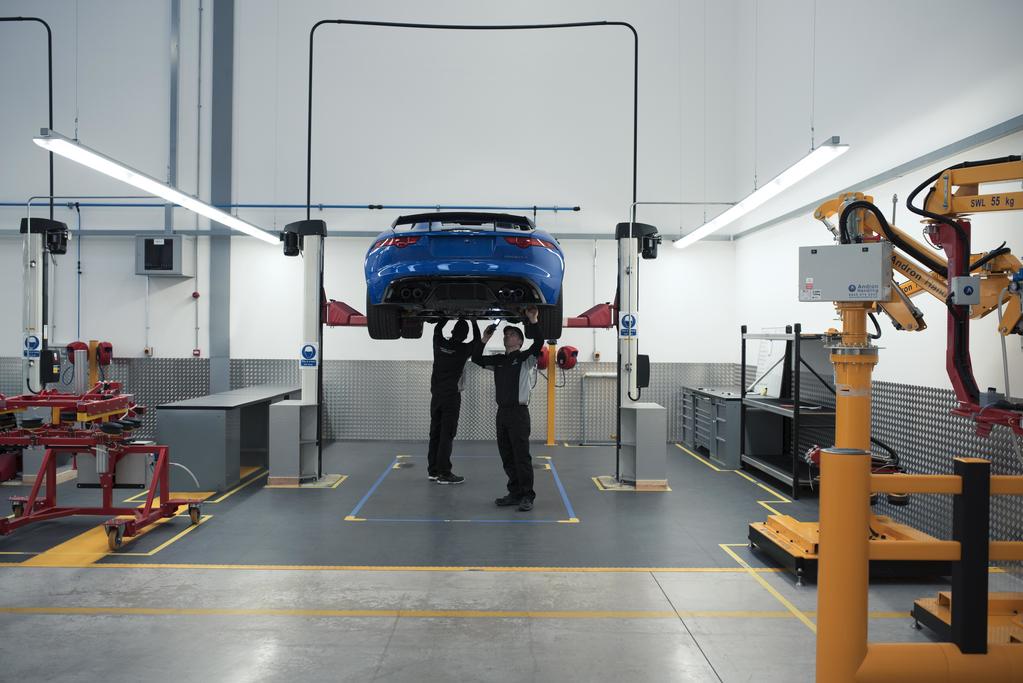
How to Budget for Your Next Used Car
By Motor Match • 05/02/2024
Are you thinking of buying a used car? One of the most important things you need to consider is your budget.
It's no secret that buying and owning a car can be expensive, but with careful planning and budgeting, you can make the process a lot easier. In this honest guide, we will walk you through each step of budgeting for a used car in the UK. Whether you’re planning to buy outright or on finance, we’ll take you through everything from calculating the initial down payment to budgeting for insurance, taxes, and maintenance, to help you make an informed decision about your next vehicle purchase.

To buy outright or on finance:
The first step is to work out how you’re going to purchase the vehicle, depending on your funds you might want to purchase outright, or you might want to use your funds as a down payment or deposit as part of a finance agreement. If you decide to purchase on finance, it’s best to work out how much you can afford as a deposit as well as how much you can afford to repay each month.
Insurance, Taxes, and Fees:
Once you've determined your down payment, the next step is to factor in the additional costs of purchasing a car. These include insurance, taxes, and fees. Insurance costs can vary widely depending on factors such as your age, location, and type of car. Taxes and fees also vary depending on where you live, the value of the car, and whether it pays or is exempt from road tax. It's important to research these costs ahead of time so that you can budget accordingly.
Maintenance:
Maintaining a used car can be expensive, especially if it has a high mileage or is an older model. Regular maintenance such as oil changes, tyre rotations, and brake inspections can add up quickly. It's important to factor these costs into your budget so that you can keep your car running smoothly.
Fuel:
The cost of fuel is another key consideration when budgeting for a used car. The fuel efficiency of your car will have a big impact on your overall costs. If you're looking for a car that is fuel-efficient, consider a hybrid or electric vehicle.


How much of your salary should you spend on your car?
A good rule of thumb, is to keep your car expenses – including financing, insurance, fuel, and maintenance – at less than 10-15% of your total monthly income. It's important to factor in all of these costs when determining how much you can afford to spend on a car.
The Costs Involved in Car Ownership:
In addition to the initial purchase price and ongoing maintenance costs, there are a number of other costs associated with car ownership. These include road tax, congestion charges, MOT testing, and repairs. It's important to factor all of these costs into your budget to avoid any unexpected expenses down the road.
In conclusion, budgeting for a used car in the UK requires careful planning and consideration of many different factors. By taking the time to research and calculate your expenses, you can make a well-informed decision that fits within your budget. Remember to factor in all the costs of car ownership, including insurance, taxes, and maintenance, and aim to spend less than 10-15% of your monthly income on car-related expenses. Happy car shopping!
You may also like…